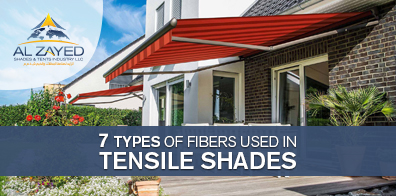
Are you looking for some roofing and shading options? If yes, then have you considered tensile fabric based shades? If no, then it is high time to do so because tensile shades are not only durable, lightweight and good to look at but also offer the ultimate weather protection. Tensile shades in Dubai can help you in this regard by offering you a wide range of tensile shade options to choose from. To help you choose the best shades for your needs, it is important to highlight different fabric materials used in tensile shades. In this article, we will highlight the different type of fibers used in tensile shades:
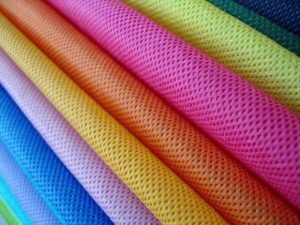
One of the most commonly used material in tensile fabric based shades is Polyester and there are many good reasons for that. For starters, it lasts long and costs less. Its excellent mechanical performance makes it a complete package. Unfortunately, it can gradually degrade due to the havoc wreaked by weather and natural elements, but you can easily negate that by applying the right coating over it. Another advantage that polyester has over other fabric materials is that it can be recycled. Thanks to the advancement in technology, even coated polyester fabrics can be recycled, which significantly reduces the impact on environment.
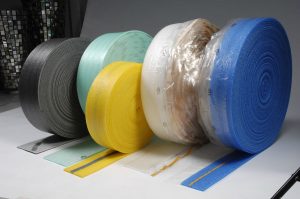
High-density polyethylene slit tape, which is coated on both sides, is used for weaving polyethylene fabrics used in tensile-based structures. Although, it does not last longer than polyester, it is widely used for low budget applications. Despite being used for other applications, it is recently being used for shading applications. Similar to polyester, you can easily overcome low resistance to the dilemma of fire and UV rays with the help of the right coating.
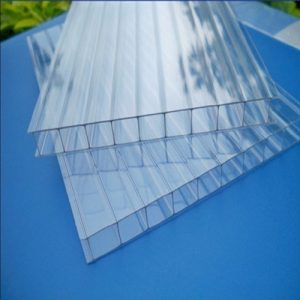
You might have heard of fiberglass being used in glass doors and windows, but have you ever heard about fiberglass being used for shades? No, right. One advantage that fiberglass has over other materials is its high resistance to fire and weather degradation. Its ability to block UV rays is also unparalleled. Unlike other materials, you do not have to apply coating to fiberglass. On the flip side, glass fiber can crack easily, therefore, you should be extra cautious when handling it or folding it. Any mishandling can easily lead to cracks. Avoid flexing it repeatedly or bending it at an awkward angle.
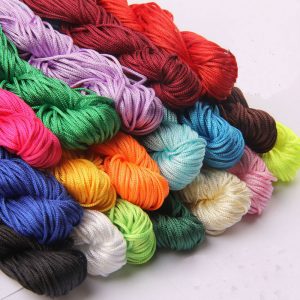
Nylon is an ideal material when you need highly stretchable and lightweight material for shades. Although, Nylon does not quite match up to Polyester’s great mechanical performance, it more than makes up for it with its lightweight. Nylon is also a good option for deployable structures as well as the temporary needs. This means that it is quite capable of handling both your indoor and outdoor needs. Covering wide spaces temporarily is no longer an issue especially with stretchable Nylon material shades.
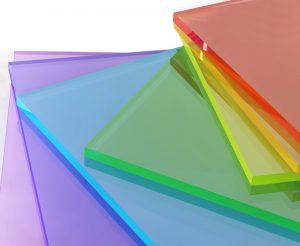
Acrylic is a form of synthetic fiber that is fabricated from polymer. It is widely used for home furnishing fabrics but it can now be used for tensile-based fabric shades as well. The material itself is lightweight, soft and keeps you warm. These properties make it a great choice for cooler environments. Due to its synthetic nature, it is less expensive than other natural fibers, but its resistance to oils and chemicals as well as weather degradation, help it last longer. Another quality that acrylic fiber possesses is that you can easily mimic it to look like cotton.
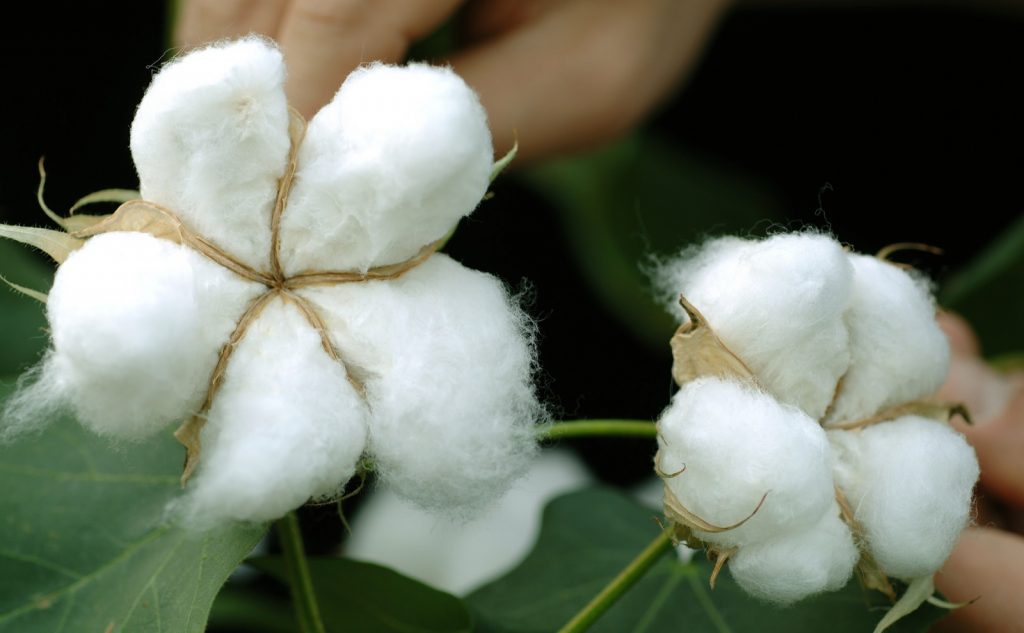
Pure cotton is usually synonymous with poor tensile strength, but its elasticity serves as its saving grace. Similarly, it is highly prone to microbial attacks and biological degradation. Due to this, it is only used mostly for indoors and leisure tents. If you are looking for a material that is durable and promises good mechanical performance, you are better off looking for other material options instead of opting for cotton.
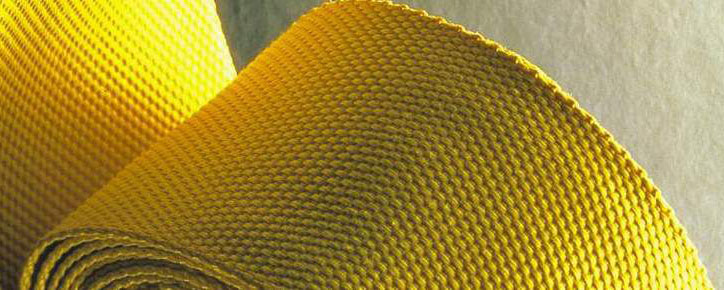
One of the best materials you can use for tensile shades is Aramids. It is widely used for nautical applications because of its elasticity and strength. Unfortunately, it lies on the pricier end of the spectrum, which might make diminish its attractiveness over other cheaper materials. Its high price has restricted its use to special applications only, which can benefit from its qualities and overlook its fallbacks. Even though it is non-combustible, it needs protection against UV rays.
Every material has its own set of pros and cons. You have to choose a material that fulfills your needs. For instance, if you want to take advantage of mechanical properties without splurging a fortune, polyester should be your top most choice. Similarly, if you want a synthetic fiber that is soft and retains heat efficiently, it is better to go with acrylic. Choosing the right material can work wonders for you.
Which material are you looking to choose for your next tensile fabric shades? Feel free to share it with us in the comments section below.